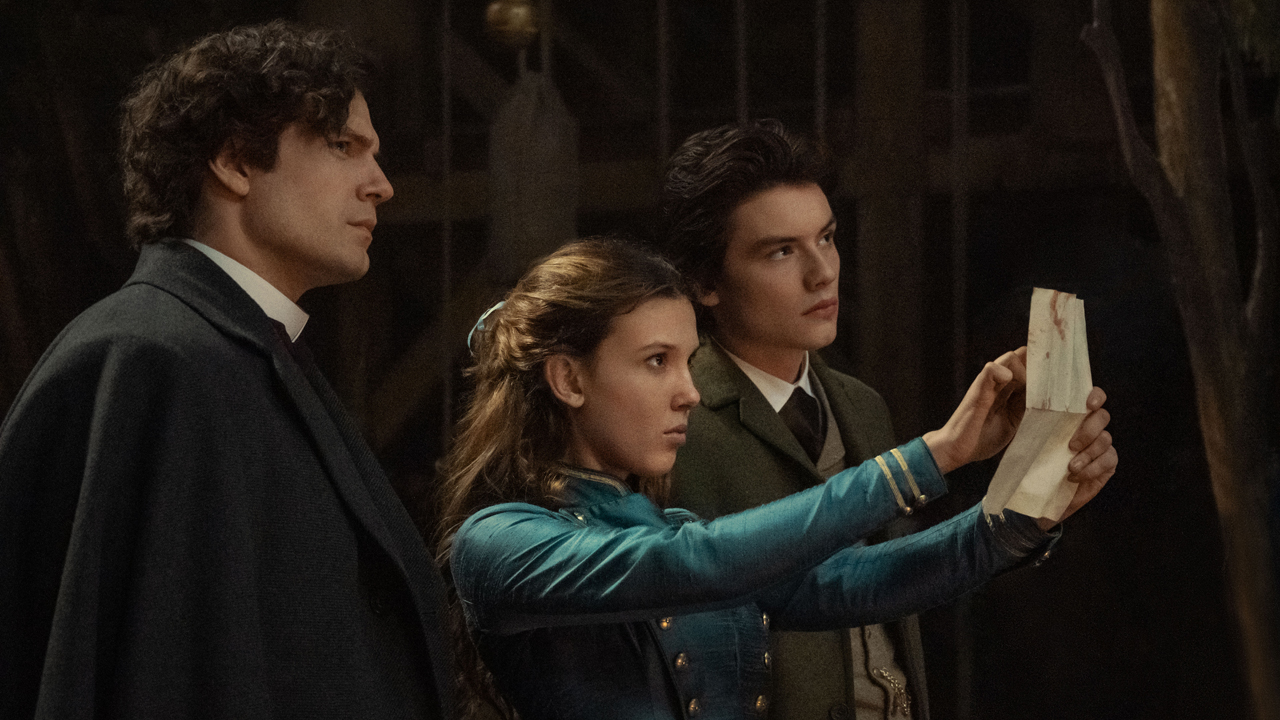Joey Chestnut Reveals ‘Burping’ Prep for Hot Dog Eating Contest

In an interview with The New York Post on June 28th, he expressed his strong belief that there’s just one possible outcome for this competition. He stated that once his opponents realize he’s firmly convinced, and the audience shares this conviction, it becomes extremely difficult for them to prevail. If he can convince himself first, then everyone else tends to follow suit.








